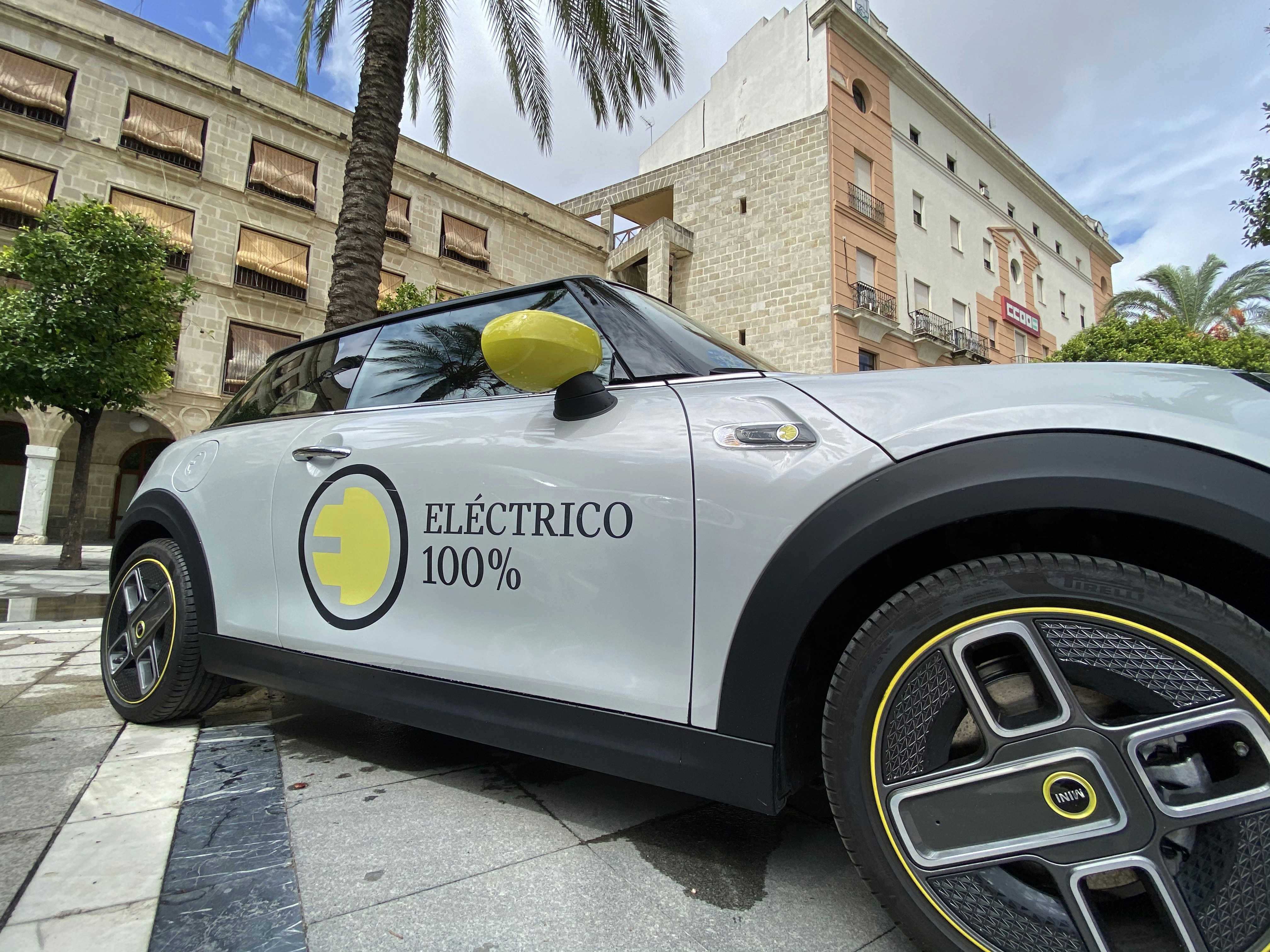The Psychological Impacts of Autonomous Driving: Transforming Our Minds
As technology races ahead, the rise of autonomous vehicles is set to redefine not only our streets but also the very fabric of our societal psyche. The advent of self-driving cars brings about a fascinating question: How might this revolutionary mode of transportation alter our brains and behaviors? In a world where we can sit back and focus on more than just the road ahead, the psychological impacts of self-driving cars warrant a deep dive into this intersection of technology and human behavior.
Understanding Autonomous Vehicles

Before we can fully appreciate the psychological impacts of autonomous driving, it’s important to understand what autonomous vehicles entail. Autonomous vehicles, commonly referred to as self-driving cars, are equipped with technology that enables them to navigate and operate with little or no human intervention. This transformative innovation is already taking shape, with several manufacturers paving the way for broader adoption.
The implications of this technology go far beyond mere convenience. According to the Federal Highway Administration, nearly 94% of serious crashes are caused by human error. By reducing this factor, self-driving cars aim to increase road safety substantially. However, the benefits extend into psychological realms that could change how we perceive and interact with driving and travel.
A Shift in Responsibility and Control

One of the most immediate psychological impacts of autonomous driving is the shift in responsibility. Traditional driving places the onus on the driver, who must remain vigilant at all times. With autonomous vehicles, however, this responsibility diminishes, creating a sense of detachment from the act of driving. Studies indicate that handing over control to a machine can elicit both relief and anxiety in users. The relief comes from the alleviated stress of driving, while anxiety may stem from concerns about technology reliability.
This duality can lead to cognitive dissonance, where a driver might struggle to reconcile their inner desire for control with the trust placed in autonomous technology. The result? A new dynamic in how we engage with cars and, by extension, each other. For instance, will passengers start to develop new social hierarchies based on who is willing to take the wheel in a mixed-driving environment? The traditional framework of driver-passenger relationships may evolve, reshaping our interpersonal dynamics.
Redefining Freedom and Mobility

For many, driving is more than just a means to an end. It’s a symbol of freedom, empowerment, and independence. The prospect of relinquishing control to a vehicle raises crucial questions about personal autonomy. The shift to autonomous driving could strip away this unique aspect of personally operated vehicles. As we delegate control, do we surrender a piece of our independence?
Moreover, the use of self-driving cars can also foster increased mobility for those previously unable to drive, including the elderly and disabled. Enabling these groups to travel autonomously presents societal benefits but also psychological implications. The need for a driver, which can impact self-esteem and independence, will wane, potentially leading to an enhanced sense of agency for many but an identity crisis for individuals who may have identified strongly with the role of 'driver.'
The Role of Artificial Intelligence in Human Decision-Making

Artificial Intelligence (AI) lies at the heart of autonomous vehicle operations, influencing not just how cars navigate but also how humans interpret the world around them. As we increasingly rely on AI for decision-making in driving tasks, our cognitive processes might start to mirror these automated systems. Do we risk becoming passive receptors of information at the expense of critical thinking?
Research from the Harvard Business Review suggests that over-dependence on technology can diminish our problem-solving skills. With autonomous vehicles making choices for us, we may find ourselves less engaged in situational awareness, potentially leading to an atrophying of our innate navigation skills. The shift to computer-driven decision-making challenges our cognitive capabilities and requires a reevaluation of how we think about human intelligence in the context of technology.
The Social Dynamics of Self-Driving Cars

Human beings are inherently social creatures, and the introduction of autonomous driving doesn’t just impact the individual; it alters societal interactions. The car has long been a catalyst for bonding and socialization. Think of road trips with friends or family, where emotional connections grow during long stretches traveled together. With the advent of self-driving technology, the traditional notion of passengers as passive participants is on the verge of transformation.
As people increasingly engage in other activities—like socializing, working, or even sleeping—during travel, the nature of these interactions may evolve. We could see an increase in the quality of dialogue and purpose within the vehicle, fostering deeper connections apart from the driving experience itself. It's noteworthy that in a self-driving car, travelers might be more inclined to utilize this time for meaningful connections rather than merely focusing on the roads.
Safety and the Psychological Comfort of Automation

While safety is often cited as a primary motivation for the adoption of autonomous vehicles, there is a compelling psychological dimension tied to comfort and trust in these systems. According to recent studies, drivers often experience high levels of anxiety when confronted with the idea of relinquishing control. This anxiety stems from the unpredictability of technology and concerns over its reliability.
The trust placed in autonomous systems can deeply affect one’s mental state. People may feel a broader sense of security as the perception of risk diminishes. However, the inverse can also be true: a catastrophic failure in an autonomous vehicle can generate widespread distrust, leading to psychological repercussions that could affect public perception of technology as a whole.
The Future of Interaction with Automated Technology

One of the most significant shifts brought about by autonomous vehicles is how we interact with technology in general. As we become more accustomed to technology making decisions for us, our relationship with it will likely evolve. Imagine a world where the car isn’t just a mode of transport, but a companion that learns and adapts to our preferences.
With the rise of Natural Language Processing (NLP) and machine learning, vehicles might soon begin to respond to our emotions and sociability levels. Just as voice assistants have become integral in homes, self-driving cars could be tailored to our communication styles and emotional states during travel. This future points to a profound psychological connection between humans and machines that transcends the current driver-vehicle dynamic.
The Generational Divide

As with most technological advancements, different generations perceive and adapt to autonomous vehicles differently. Younger generations, native to technology, may eagerly embrace these innovations, viewing them as an integral component of their future mobility. In contrast, older generations may exhibit skepticism or resistance, stemming from a lifetime of driving experience and ingrained habits.
This generational divide also plays into the broader narrative of cultural identity and change. Younger individuals may gravitate toward car-sharing services and on-demand autonomous transport, while older populations often cherish the importance of personal vehicle ownership. As attitudes shift, so too will experiences; adaptive expectations should account for varied psychological responses across different age demographics.
Final Thoughts: Adapting to an Autonomous Future
As we stand on the brink of widespread implementation of autonomous vehicles, it’s crucial to consider not just the technological advancements but the psychological transformations that accompany them. From redefining notions of control and responsibility to reshaping social interactions, the impacts touch every aspect of life.
As we embrace this transition, it becomes vital to prepare ourselves for the potential challenges and opportunities that lie ahead.
Imagine a future where driving is no longer a daily task but an avenue for enhanced social connection, mental wellness, and efficiency. The psychological implications of autonomous vehicles extend far beyond the driver’s seat; they challenge us to rethink our relationship with technology, freedom, and one another.
To explore the evolution of autonomous driving further, consider delving into our related articles: The Future of Electric Vehicles or The 5G Revolution as we discover how innovative technology continues to reshape our experiences.


